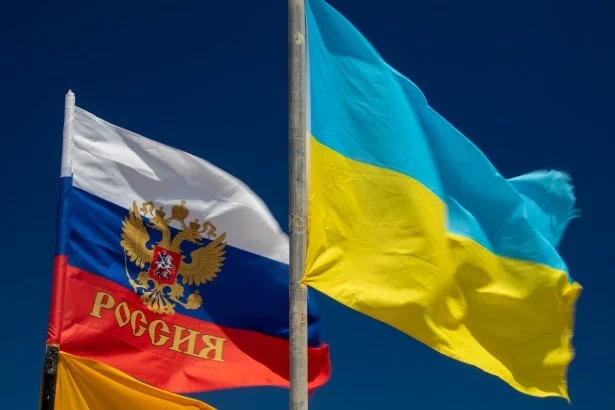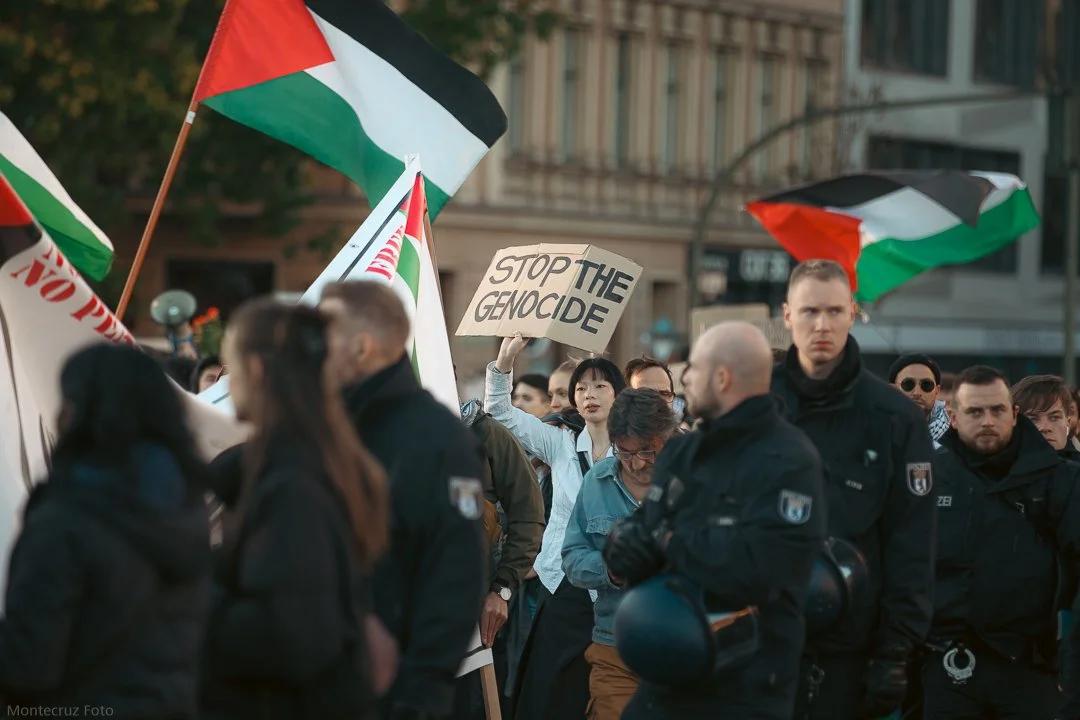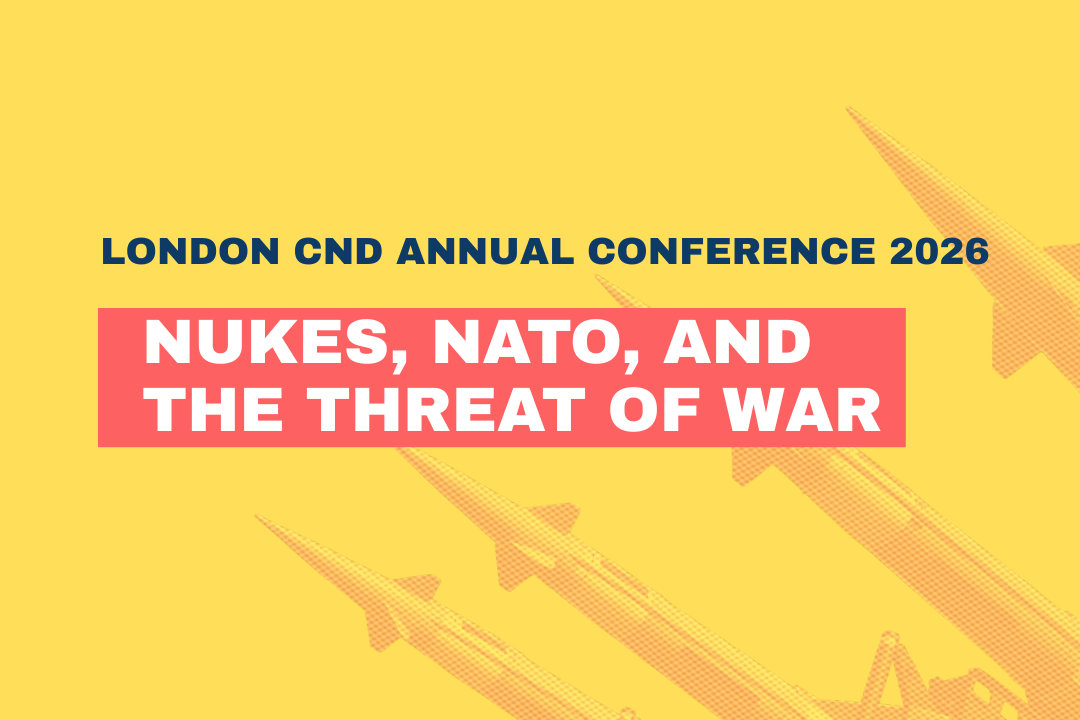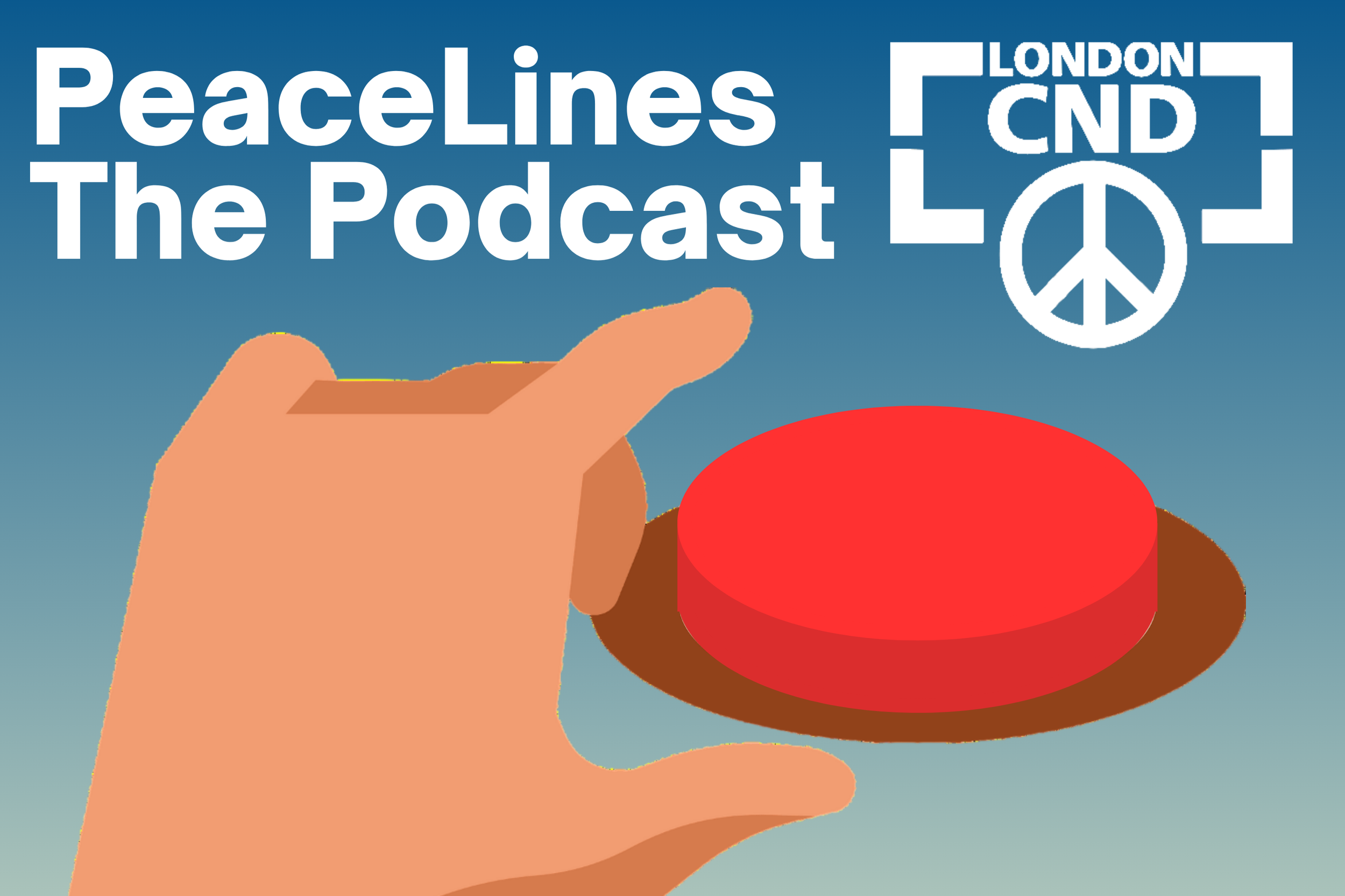Campaigners at CND and a host of other organisations have roundly condemned plans to hold a ‘thanksgiving’ service for Britain’s nuclear deterrent at Westminster Abbey.
The Royal Navy plans to host a National Service of Thanksgiving to mark 50 years of the Continuous at Sea Deterrent on the 3rd of May. New nuclear submarines are currently being constructed as part of a £205 billion Trident replacement scheme.
CND will hold protests at Westminster Abbey if the service goes ahead.
Kate Hudson, CND general secretary, said:
“It’s morally repugnant that a service of thanksgiving for Britain’s nuclear weapons system is due to be held at Westminster Abbey. This sends out a terrible message to the world about our country. It says that here in Britain we celebrate weapons – in a place of worship – that can kill millions of people.
“If the Defence Secretary doesn’t cancel this service, we call on the Church authorities to step in to stop it. CND will hold protests at Westminster Abbey on the day of the service if this celebration of nuclear weapons goes ahead.”
In July 2018, the General Synod passed a motion which states “nuclear weapons, through their indiscriminate and destructive potential, present a distinct category of weaponry that requires Christians to work tirelessly for their elimination across the world.”
Take action
Tell the Defence Secretary to cancel the Westminster Abbey celebration
If the thanksgiving service goes ahead, join our protest outside the Abbey on the day
Christian CND is also mobilising its supporters against the service. Please support their petition and other activities.







